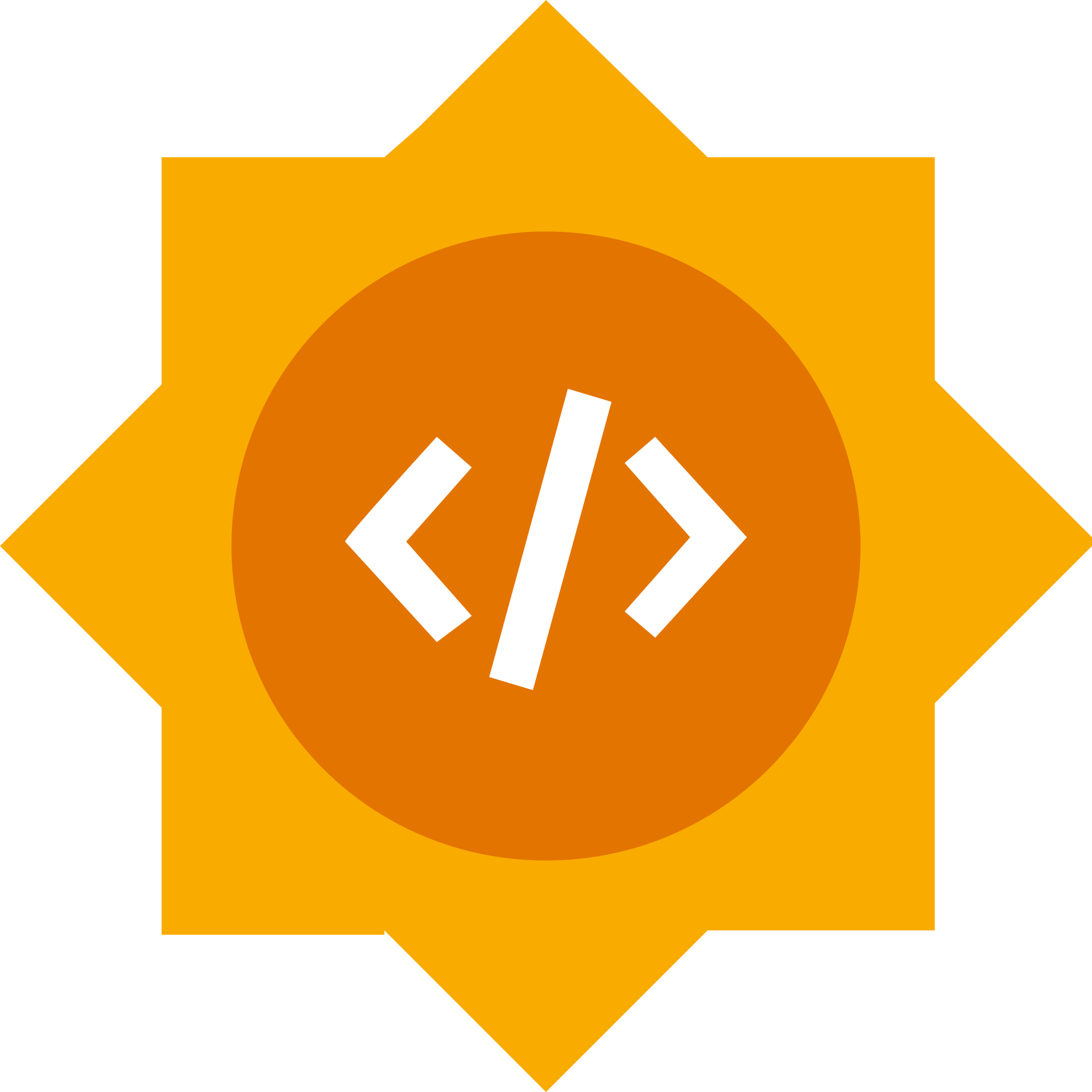
LAPPIS
SUMMER OF CODE

Whats is it?
LAPPIS in GSOC 2024: Our experience can be seen here
Google Summer of Code
Google Summer of Code (GSoC) is a worldwide online program aimed at attracting new contributors to open-source software development. Participants in Google Summer of Code are matched with mentors from open-source organizations, providing them with valuable insights into real-world software development practices. By working on real projects, contributors have the opportunity to learn from seasoned open-source developers. Additionally, participants receive a small stipend as an incentive.
LAPPIS was proud to be one of the 195 mentoring organizations for GSoC 2024—and one of only 30 organizations participating for the first time. We mentored four amazing newcomers, and the experience brought fresh perspectives to our local community while deepening our understanding of the platform.
Participating in GSoC allowed us to connect with students from around the world. It was more than just a technical exchange; it was also a social and cultural opportunity that broadened the professional horizons of both mentors and participants. Our organization learned a great deal from this experience, and we look forward to participating in GSoC again in the future.
Google Summer of Code (GSoC) 2025
Check out our LAPPIS LinkedIn page for updates on our GSoC 2024 experience!
LAPPIS
LAPPIS is a Brazilian Free and Open-Source Software (FOSS) lab at the University of Brasilia (UnB), led by women, and dedicated to fostering collaboration in free and open-source communities. Our mission is to increase the participation of young South Americans, women, and other underrepresented groups in high-impact open-source projects.
We achieve our mission by collaborating with government agencies and private-sector partners on open-source initiatives. To date, we have awarded over 100 scholarships to students, enabling them to contribute to Brazil’s open-source ecosystem. In addition, LAPPIS advocates for open standards, participates in policy discussions, and raises awareness about the benefits of open-source development and adoption—while helping to strengthen the local industry.
In 2024, we had four exceptional contributors join our community through Google Summer of Code (GSoC), supported by eight dedicated mentors who also gained valuable experience from the program.
Brasil Participativo
Brasil Participativo is the largest social participation platform ever launched by Brazil’s Federal Government, empowering citizens to help create and enhance public policies. Built as open-source software with support from Dataprev, the Decidim-Brasil community, the Ministry of Management and Innovation in Public Services (MGI), and the University of Brasília (UnB) through LAPPIS, this platform represents a significant step forward in inclusive governance.
A notable achievement was the Participatory Pluriannual Plan (PPA) in July 2023, which gathered more than 1.4 million proposals from citizens across the country. Building on this success, the Brasil Participativo team is now part of the OECD Gov2Gov Innovation Incubator with the challenge, “Voices Unheard: Inclusive Design Challenge”—exploring how to foster broader, more equitable digital participation in policy-making. Their goal is to develop an open-source solution that transcends geographical and social barriers, effectively engaging marginalized communities in shaping public policies.
The sheer volume and complexity of information generated by social participation platforms require advanced technological solutions for effective interpretation and use. Without a comprehensive analysis of these data, we miss valuable opportunities to create more impactful public policies.
Looking ahead to 2025, our mission is to develop machine learning models that can analyze the intersectional nature of proposals on these platforms, recognize individual user interests, and leverage segmented, LLM-based communication to boost user engagement across integrated communication channels. We welcome open-source enthusiasts to join our community and help shape the future of inclusive public policy.
Decidim
Decidim, derived from the Catalan phrase meaning “let’s decide” or “we decide,” is a digital infrastructure designed for participatory democracy. Built entirely as free software, Decidim is a Ruby on Rails–based framework that anyone can use to create and customize a web platform for democratic engagement.
With robust features and a user-friendly interface, Decidim fosters a more participatory and inclusive democratic process. In Brazil, the Brasil Participativo platform leverages Decidim to empower individuals to create profiles, share ideas, and directly influence the policies that affect their lives.
We actively contribute to the Decidim community and ecosystem by adopting and enhancing various community-developed plugins, further promoting open-source collaboration and innovation.
News on the collaboration between Decidim and Brasil Participativo
Get Started
Get Started
Join in our Community Channel
Join the Decidim community on Telegram and connect with other developers, mentors, and organizers. Our Telegram server is a great place to ask questions, share ideas, and get support throughout about Decidim.
Join TelegramStart Contribuiting
Contribute to the project and make your mark on open-source development with LAPPIS. By making a Pull Request (PR) to one of our existing projects, you'll have the opportunity to showcase your skills and demonstrate your understanding of the project. This will also give you an opportunity to work with the mentors and get familiar with the project before the official GSoC coding period starts. This is a great way to get started and increase your chances of being selected for the program.
Onboarding Documentation in NotionWrite a Draft Application
Select an Idea and write a draft application that expands this ideas with your own proposals and showcases how you will execute and complete your project . This is your chance to demonstrate your understanding of the project, your skills, and your passion for open-source development. Our mentors will provide feedback and help you refine your proposal, increasing your chances of being selected for the program.
IdeiasDiscuss with Mentors
Submit Final Application
How to start?
Here, Ludimila brings us an introductory video about Google Summer of Code (GSoC), where she explain how you can become a contributor to our projects and join our community!


